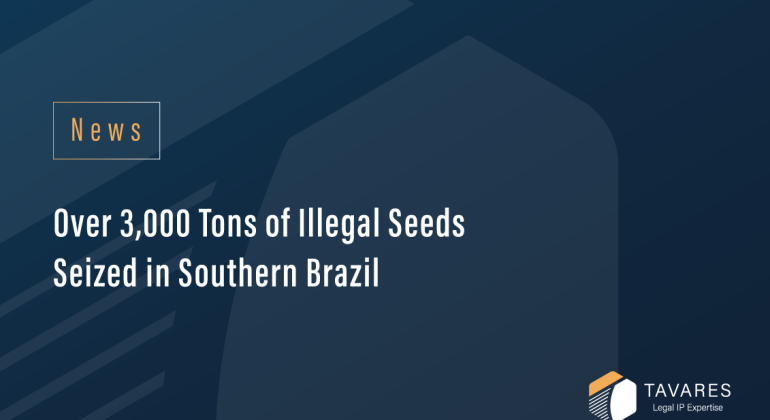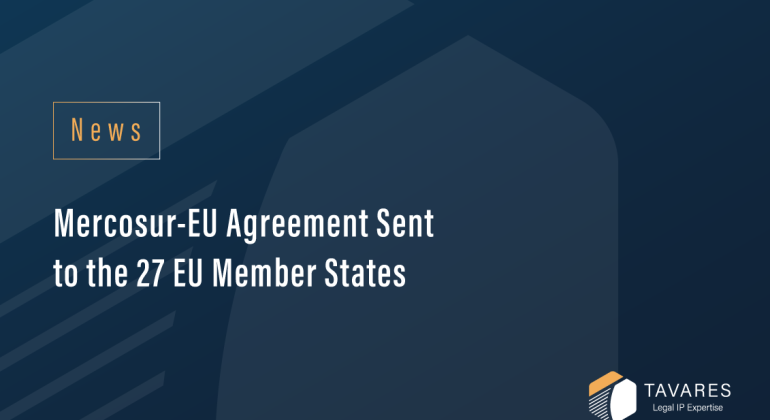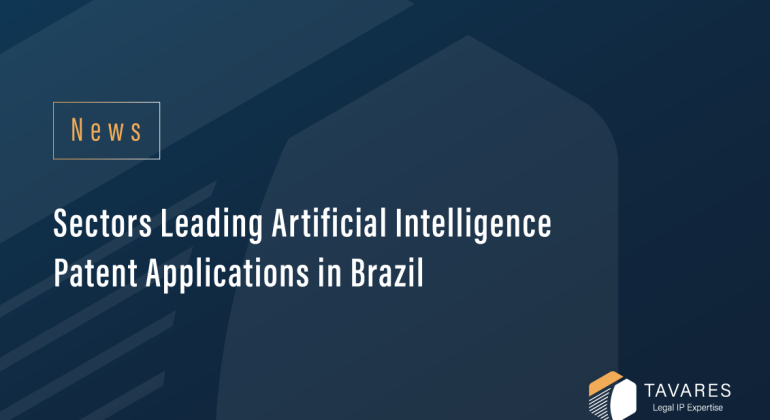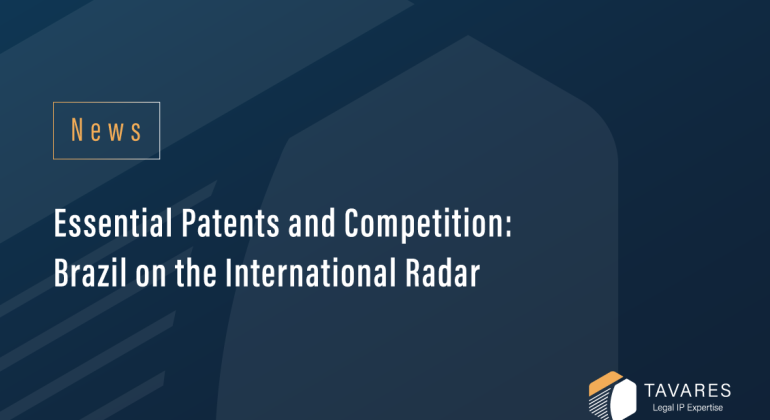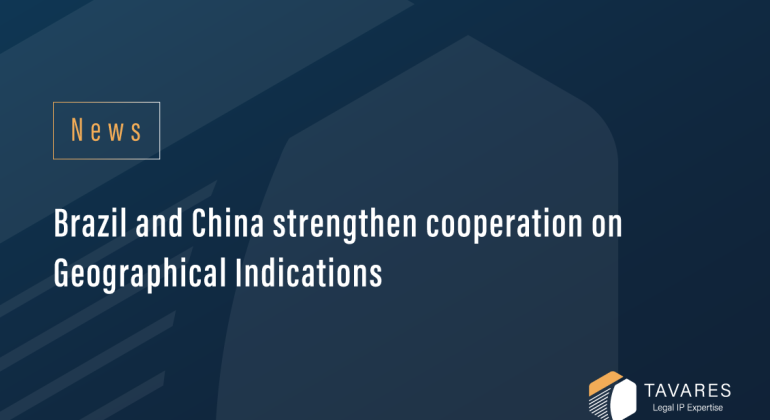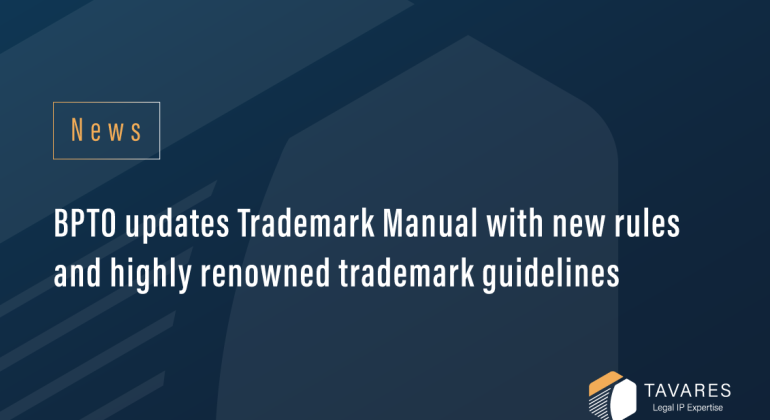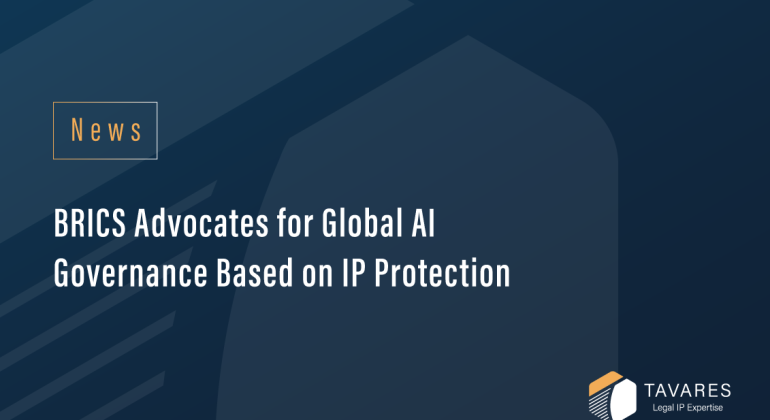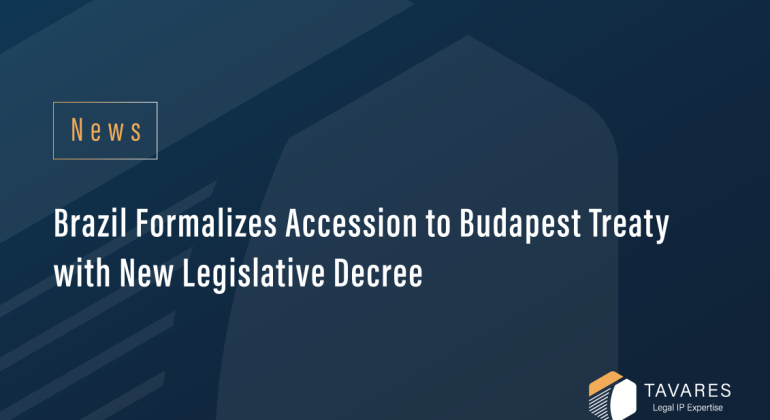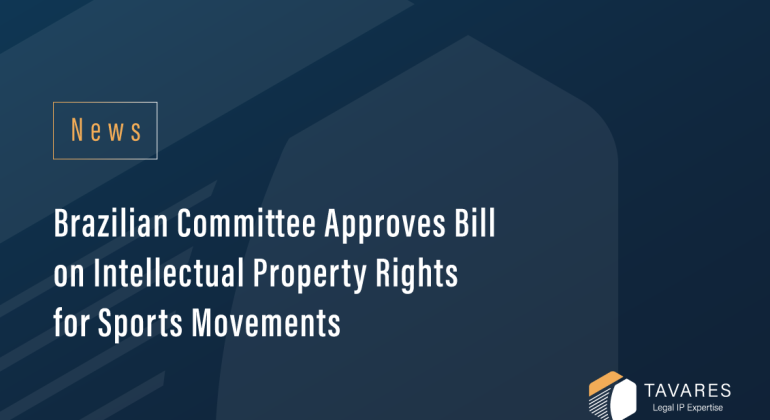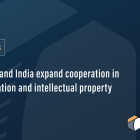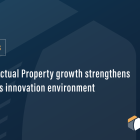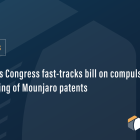A survey conducted by Nexus – Research and Data Intelligence, based on information from the Brazilian Patent and Trademark Office (BPTO), revealed the sectors with the highest number of patent applications related to Artificial Intelligence (AI) in Brazil over the last six years.
According to the study, healthcare (25%), industry (14.4%), and agribusiness (8.3%) led the way in filings between 2019 and 2024, out of a total of 264 applications analyzed.
Despite the growing interest, only 3% (8 applications) have been granted so far. Most applications remain under review or have not been approved.
Evolution of AI Patent Applications
The period of greatest activity was between 2020 and 2022:
-
2020: 64 filings
-
2021: 77 filings
-
2022: 78 filings (peak)
Starting in 2023, a significant decline was observed, with only 13 applications registered.
Of the patents granted, five were from Brazilian authors, two from Americans, and one from China. The average review time was approximately 2 years and 11 months.
Connection with the National IP Strategy
The National Intellectual Property Strategy (ENPI), in its 2023-2025 Action Plan, set a goal of reducing patent examination time in Brazil.
-
In December 2022, the average was 6.9 years;
-
The target is 3 years by June 2025;
-
And from 2 years to 2026.
This acceleration is seen as essential to keep up with the dynamics of innovation in disruptive areas such as artificial intelligence.
Main areas of application of AI in patents
Healthcare
The filed patents address solutions such as:
-
cancer diagnosis,
-
insulin measurement,
-
improved teleconsultations,
-
prediction of heart problems,
-
motor rehabilitation,
-
hospital waiting list management.
Industry
Creations include:
Agribusiness
Patent applications involve:
-
animal monitoring,
-
grain classification,
-
pest control.
Other notable sectors include energy (7.9%), finance and sales (7.9%), AI systems development (6%), telecommunications (5.7%), and mobility (5.7%).
Filing Profile
The study shows that 59.8% of applications are from Brazil and 40.5% are from abroad. The United States leads the international field (57.9%), followed by China (23.6%) and South Korea (4.7%).
Among the companies, the following stand out:
-
Huawei (China): 18 filings
-
Petrobras (Brazil): 8 filings
-
AIxScan (USA, healthcare): 5 filings
-
Paige (USA, healthcare): 5 filings
In Brazil, federal universities (such as UFMG, USP, Unicamp, UFPE, among others) are among the main filers, demonstrating the role of academia in the production of knowledge and technological innovation.
What the scenario reveals
The survey highlights not only the diversity of AI applications in Brazil, but also the international competition for the Brazilian market, with strong participation from companies in the United States and China.
“Although some Brazilian institutions stand out, the significant participation of foreign companies shows how the United States and China have worked to dominate the Brazilian market in this technology,” highlighted Marcelo Tokarski, CEO of Nexus.
At Tavares IP, we closely monitor intellectual property developments in emerging technologies such as Artificial Intelligence. Our team is available to assist companies and institutions seeking to protect their innovations in Brazil.
Contact us

